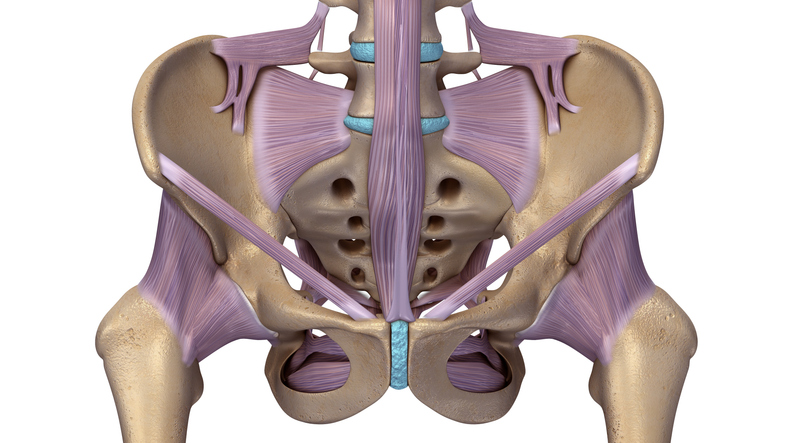
A new study assessed the link between the cardiometabolic index (CMI), a novel marker of metabolic health, and the risk of stress urinary incontinence (SUI) in women. The findings were published in the International Urogynecology Journal.
“(SUI) is a prevalent condition among women, significantly impairing their quality of life. Emerging evidence suggests that metabolic dysfunction may play a role in the development of SUI, although the underlying mechanisms remain unclear,” the researchers noted.
In this cross-sectional study, researchers assessed data from the 2001-2020 NHANES data. They used weighted multivariable logistic regression models to analyze the connection between CMI and SUI risk. Subgroup analyses and interaction tests then explored how specific characteristics influenced the CMI-SUI relationship.
The study found that CMI was notably linked with increased SUI risk in women (P < 0.001). RCS analysis revealed a nonlinear relationship, with a threshold at 1.64. A subgroup and interaction analyses demonstrated stronger associations among women under 65 years, those with higher education, those without a history of hypertension or diabetes, and women taking oral contraceptives (P for interaction < 0.05).
“This study highlights that a higher CMI is associated with an increased risk of SUI in women, and this relationship may be largely mediated by the TyG index,” the researchers concluded.







 © 2025 Mashup Media, LLC, a Formedics Property. All Rights Reserved.
© 2025 Mashup Media, LLC, a Formedics Property. All Rights Reserved.